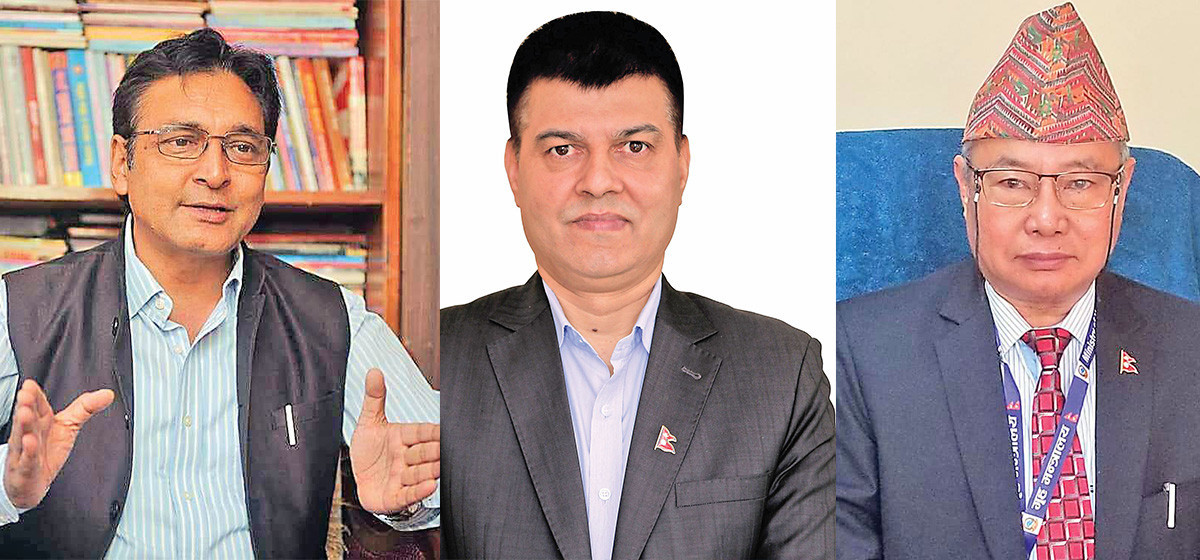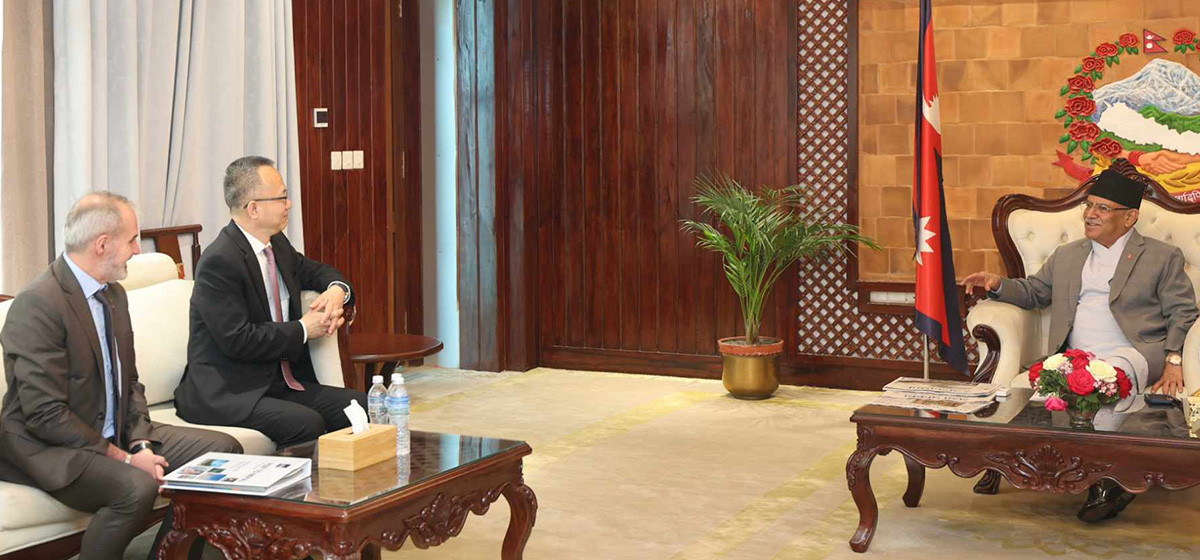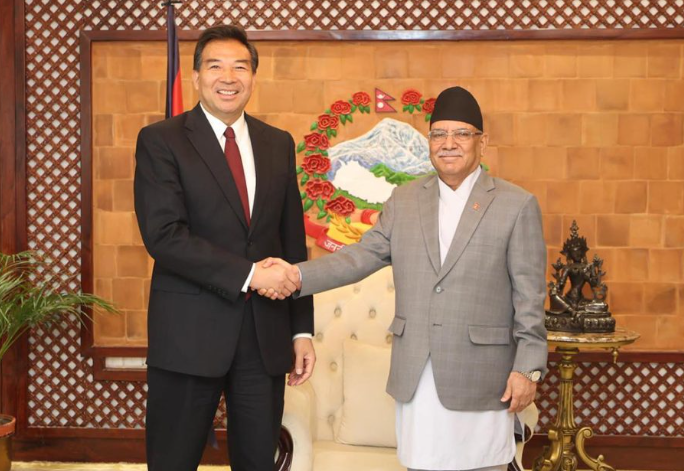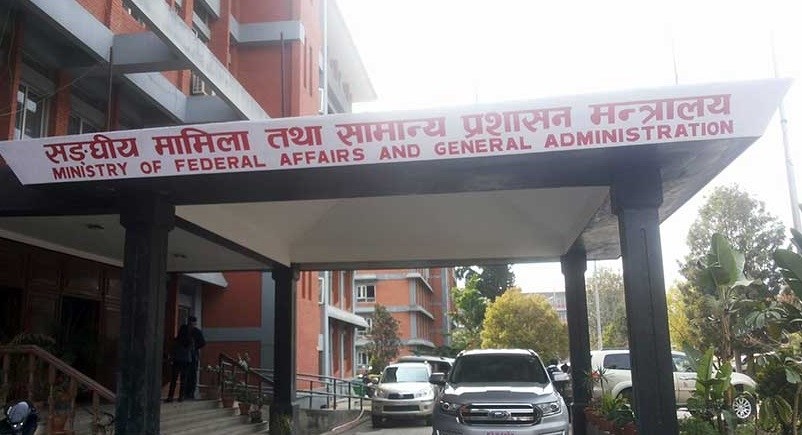
OR
Federal and provincial govts should know their limits
Published On: August 28, 2018 02:00 AM NPT
A year after the country elected governments at the local level and over six months after the provincial and federal governments were formed, we have witnessed disputes and conflicts between three levels of governments over jurisdiction and exercise of powers granted by the constitution. These disputes have mainly to do with taxation and powers to be exercised by the provincial governments and the federal government. The case in point is the incident of Internal Affairs Minister of Province 2 Gyanendra Yadav padlocking the regional office of Nepal Rastra Bank on Sunday. Yadav accused NRB’s regional office of defying the public holiday declared by the provincial government. The manner in which this was done gave the message of conflict between the provincial and federal government while the constitution has clearly stated that offices such as District Administration Office, Nepal Rastra Bank, Customs Offices and Land Revenue Office fall under the jurisdiction of the federal government.
Federal government officials argue that offices under the federal government need not observe the holidays announced by the provincial government. Province 2 ministers and leaders claim the offices under its domain should run as per the directives of the provincial government. Similar dispute had surfaced after the District Administration Offices (DAOs) in Province 1 defied the decision of the provincial government to observe a public holiday to mark the International Day of the World Indigenous Peoples on August 9. These are not positive signs for our young republic. Since federal practice is new for Nepal, including for the office bearers of the government and political leaders, it is natural that some disputes arise while exercising the constitutional powers. But when the disputes become frequent and take ugly turn, it gives the impression that our leaders are handling federal and provincial affairs rather recklessly or they, knowingly or unknowingly, are giving rise to disputes. This is exactly what provincial and federal governments need to guard themselves against. It must not appear to the public that provincial governments are defying the federal government and that federal government is unnecessarily dictating terms on provincial governments, imposing restrictions on them or curtailing the powers granted by the constitution.
Despite some ambiguity, our constitution has largely defined the rights, powers and authorities of each level of government. The representatives and ministers of each government unit should first keep themselves informed of their rights and powers they are entitled to exercise, as well as limitations. For example, if the Province 2 minister had realized that District Administration Office, Nepal Rastra Bank, Customs Offices and Land Revenue Office fall under federal government, the dispute of Sunday might not have arisen in the first place. In case of serious disputes regarding interpretation of constitutional provision, we always have the courts to interpret the constitution. Provincial and federal governments should not interpret and misinterpret the constitutional provisions in a way to suit their interests or to justify every kind of action. Let’s not exercise our rights in such way that ultimately breeds public resentment against the federal system itself.
You May Like This

Tootle breached tax law, hold it to account
When Metropolitan Traffic Police last week detained motorcyclists associated with providing ride-sharing services, there was outrage against the crackdown, and... Read More...

President’s lust for trips abroad must be checked
The Office of the President and its chief occupant is expected to set example of simplicity—especially in countries struggling with... Read More...

Time for soul-searching within NCP
Political leaders often defend their respective parties’ stance on issues and tend to justify the unjustifiable, no matter how illogical... Read More...



Just In
- 151 projects to be showcased for FDI in Third Investment Summit
- Police disclose identity of seven individuals arrested with almost 2 kg gold and more than Rs 10 million in cash
- NIMSDAI Foundation collaborates with local govt for Lobuche Porter’s Accommodation Project
- Home Ministry directs recalling security personnel deployed for personal security against existing laws
- Fake Bhutanese refugee case: SC orders continued pre-trial detention for seven individuals including former DPM Rayamajhi
- ADB Vice-President Yang pays courtesy call on PM Dahal
- PM Dahal, Chairman of CIDCA Zhaohui hold meeting
- MoFAGA transfers 8 under secretaries and 11 section officers (with list)
















Leave A Comment